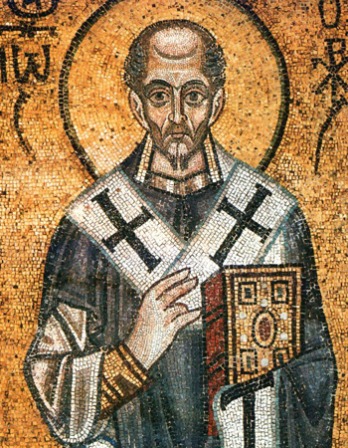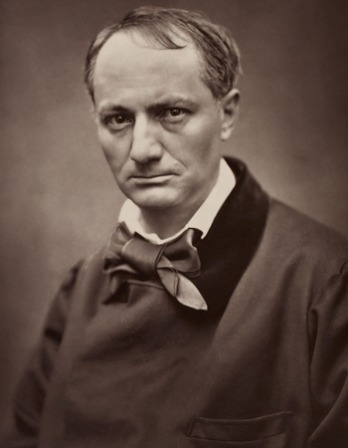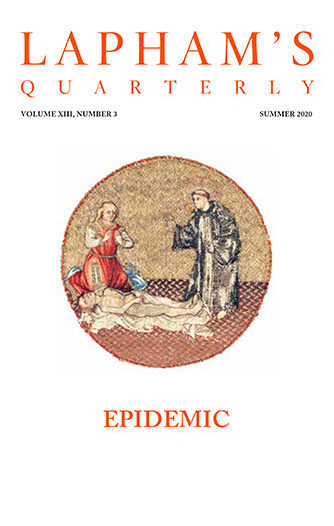Reverend and Honored Sir,
I have this day received your obliging, kind epistle, and am greatly satisfied with your reasons respecting the Negroes, and think highly reasonable what you offer in vindication of their natural rights. Those that invade them cannot be insensible that the divine light is chasing away the thick darkness which broods over the land of Africa, and the chaos which has reigned so long is converting into beautiful order and reveals more and more clearly the glorious dispensation of civil and religious liberty, which are so inseparably united that there is little or no enjoyment of one without the other. Otherwise, perhaps, the Israelites had been less solicitous for their freedom from Egyptian slavery. I do not say they would have been contented without it, by no means, for in every human breast God has implanted a principle, which we call love of freedom; it is impatient of oppression, and pants for deliverance; and by the leave of our modern Egyptians I will assert that the same principle lives in us. God grants deliverance in his own way and time, and gets him honor upon all those whose avarice impels them to countenance and help forward the calamities of their fellow creatures. This I desire not for their hurt, but to convince them of the strange absurdity of their conduct whose words and actions are so diametrically opposite. How well the cry for liberty and the reverse disposition for the exercise of oppressive power over others agree—I humbly think it does not require the penetration of a philosopher to determine.
From a letter to Reverend Samson Occum. Wheatley was captured in Gambia by slave traders in 1761 and sold to a family in Boston; she was named after the ship on which she arrived. She began writing poetry around the age of fourteen. In 1773 the Wheatley family took her to London, where she published her first book. Wheatley was emancipated shortly thereafter. During the American Revolution she sent her antislavery poems to George Washington, who responded that he thought her “elegant lines” to be “striking proof of your poetical talents.”
Back to Issue





